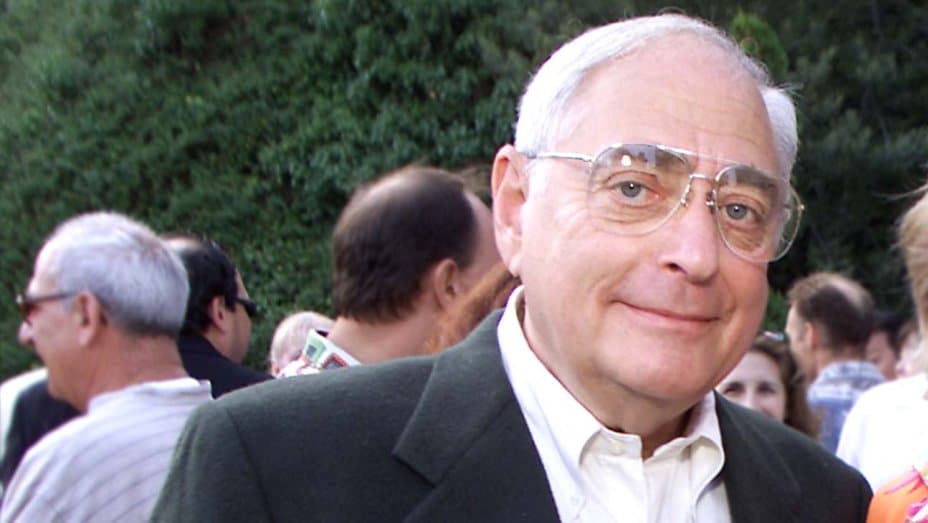Fred Silverman, whose talent for picking shows like All in the Family, The Waltons, Charlie’s Angels, Roots and Hill Street Blues earned him the nickname “The Man With the Golden Gut” as the only executive to program for CBS, ABC and NBC, has died. He was 82.
One of the most influential executives in television history, Silverman died Thursday at his home in Pacific Palisades, a publicist announced.
Silverman gave David Letterman his first TV show; orchestrated such popular spinoffs as The Jeffersons, Rhoda, Laverne & Shirley, The Bionic Woman and The Facts of Life; brought “Jiggle TV” series like Charlie’s Angels and Three’s Company to the airwaves (and suggested Suzanne Somers play Chrissy on the latter); and presided over Real People, one of the first hit shows to bring a news mentality to entertainment.
A showman at heart, Silverman had a knack for counterprogramming. He honed his skills working on kids shows (he came up with the idea for Scooby-Doo), game shows (he resurrected The Price Is Right and launched Family Feud) and daytime TV (under his watch, All My Children and General Hospital aimed for younger viewers).
At CBS, Silverman jettisoned rural comedies like The Beverly Hillbillies and Petticoat Junction in favor of smarter shows like All in the Family and M*A*S*H, then took the beleaguered ABC network to No. 1 in primetime. He shifted to NBC in 1978 with oversight of the entire company, reporting only to the chairman of RCA.
While Silverman was engineering the turnaround at ABC, Time magazine put him on a cover in September 1977 with the line “TV’s Master Showman.” The accompanying article quoted an ABC exec who called him “The Man With the Golden Gut.”
“To this day it still haunts me,” he said in an expansive 2001 interview for the Archive of American Television. “It has nothing to do with the gut, it really has a lot to do with a very high learning curve. You learn from experience.”
Not everything Silverman did turned to gold. He came up with the idea of marrying off Rhoda, Valerie Harper’s character (“it was a great stunt, but the heart and soul of the show was out; her biggest problem was dates,” he rued); launched the talk show Thicke of the Night to compete against Johnny Carson (“probably the nadir of my career”); passed on the pilot for The Hollywood Squares (in favor of another game show, The Face Is Familiar); and bet on Supertrain, a big-budget failure.
Soon after Silverman failed to turn around NBC and acrimoniously departed in 1981, he launched his own company, which produced Matlock and Diagnosis Murder.
Silverman was born on Sept. 13, 1937, in New York City and raised in Queens. An only child, his father was a TV and radio repairman for Sears and his mom a housewife. He made a hobby of collecting radio scripts, getting them from the porters who worked at the radio networks; he said that at one point that he had about 5,000 of them.
(Excerpt) Read more in: The Hollywood Reporter





